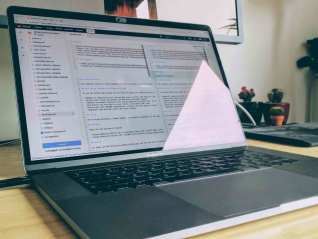Browse articles from Engineering
Recent posts

How to simplify your smart home configuration with GitLab CI/CD
How to use GitLab pipelines to automatically test and deploy new home-assistant configurations, wherever you are.

Update on our planned move from Azure to Google Cloud Platform
GitLab.com is migrating to Google Cloud Platform August 11 – here’s what this means for you now and in the future.

How we solved GitLab's CHANGELOG conflict crisis
How we eliminated changelog-related merge conflicts and automated a crucial part of our release process.

Introducing Auto Breakfast from GitLab (sort of)
GitLab can't make you breakfast? This is what happens when you tell a GitLab team member whose favorite catchphrase is "Challenge accepted."

Let's play Reviewer Roulette! An easy way to find a reviewer for your merge request
Finding the right reviewer for a merge request can be tough. Reviewer Roulette makes the decision easier – by making it random!

We’re moving from Azure to Google Cloud Platform
GitLab.com is migrating to Google Cloud Platform – here’s what this means for you now and in the future.

How to autoscale continuous deployment with GitLab Runner on DigitalOcean
Our friends over at DigitalOcean share how to configure a highly scalable, responsive and cost-effective GitLab infrastructure.
Find out which plan works best for your team
Learn about pricingLearn about what GitLab can do for your team
Talk to an expert

